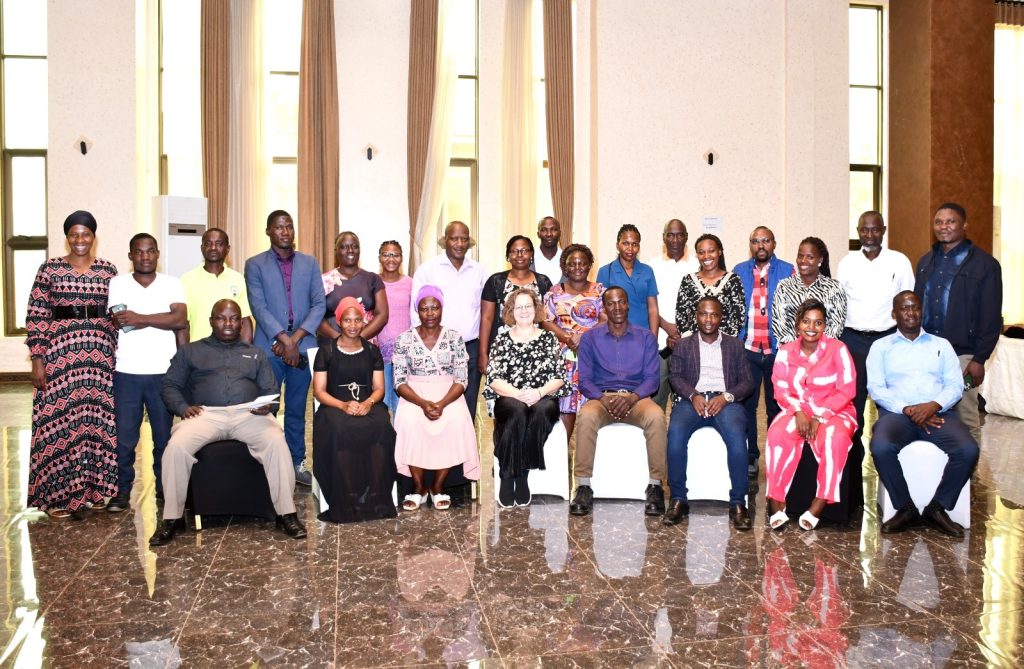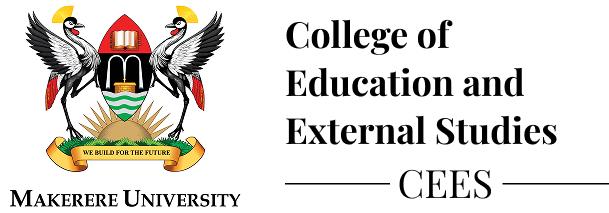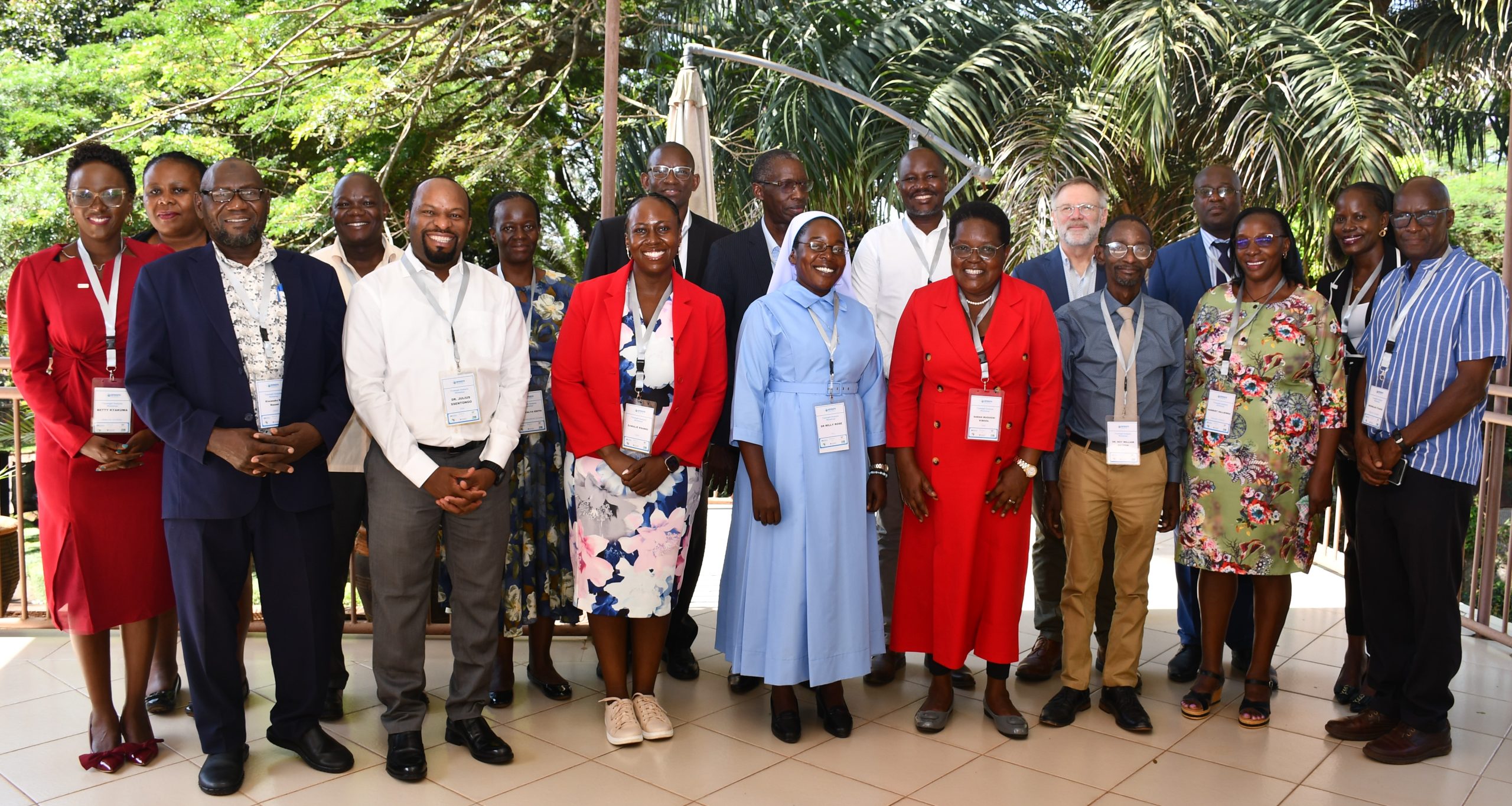On January 10, a team of researchers from Makerere University‘s College of Education and External Studies (CEES), in collaboration with international partners, held a dissemination seminar at Nican Resort Hotel in Kampala. The event marked the culmination of their study on “Enacted Citizenship in Times of Uncertainty,” which focused on teachers’ lived experiences during the COVID-19 pandemic in Uganda and Tanzania.
The study, led by Prof. Tiina Kontinen of the University of Jyväskylä, Finland, included contributions from Dr. Karembe Ahimbisibwe, Dr. Kellen Aganyira (Makerere University) and Dr. Judith Kahamba (SUA, Tanzania). The research was supported by the University of Jyväskylä’s Department of Social Sciences and Philosophy, where Dr. Karembe and Dr. Kahamba are postdoc fellows.
The research aimed to explore how state-citizen relations were re-articulated during the pandemic, focusing on the experiences of teachers in Kampala, Uganda, and workers in the tourism sector in Arusha, Tanzania. The study delved into how states justified their COVID-19 responses, how citizens coped with the pandemic, and the implications of these experiences on notions of citizenship.
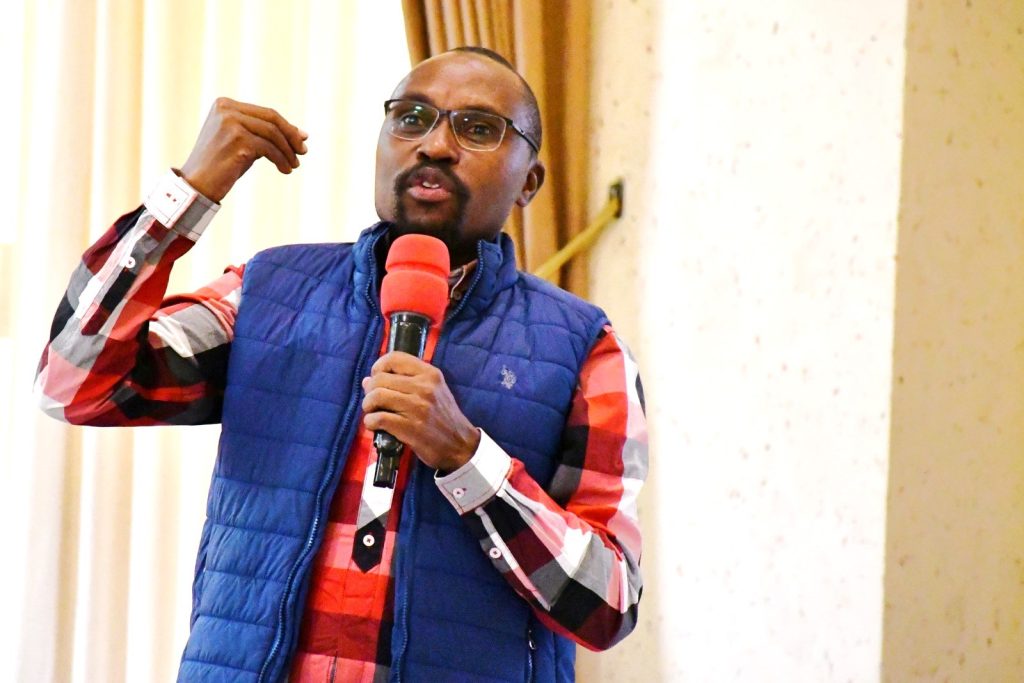
Key Findings
The research identified significant impacts on teachers’ professional and personal lives, revealing challenges and adaptive strategies during the pandemic:
- Status of Teachers:
- Teachers were classified as “non-essential” workers, leading to job insecurity and lack of income during school closures.
- They experienced a sense of vulnerability, with mixed outcomes regarding relief support.
- Survival Strategies:
- Many teachers diversified income sources, engaging in casual labor, retail businesses, or unauthorized coaching.
- Teachers relied on social networks and reduced household expenditures to adapt to the “new normal.”
- Emotional and Professional Impact:
- The pandemic led to frustration and disillusionment among teachers, with some considering or transitioning to alternative professions.
- The disruption weakened the bond between teachers and learners, as economic pressures diverted focus from teaching.
- Perception of the State:
- Teachers viewed the state’s pandemic measures as both caring and authoritarian. Relief efforts were perceived as inconsistent, with accusations of corruption and favoritism in their distribution.
- The study highlighted the hybrid nature of state-citizen relations, oscillating between caring and oppressive tendencies
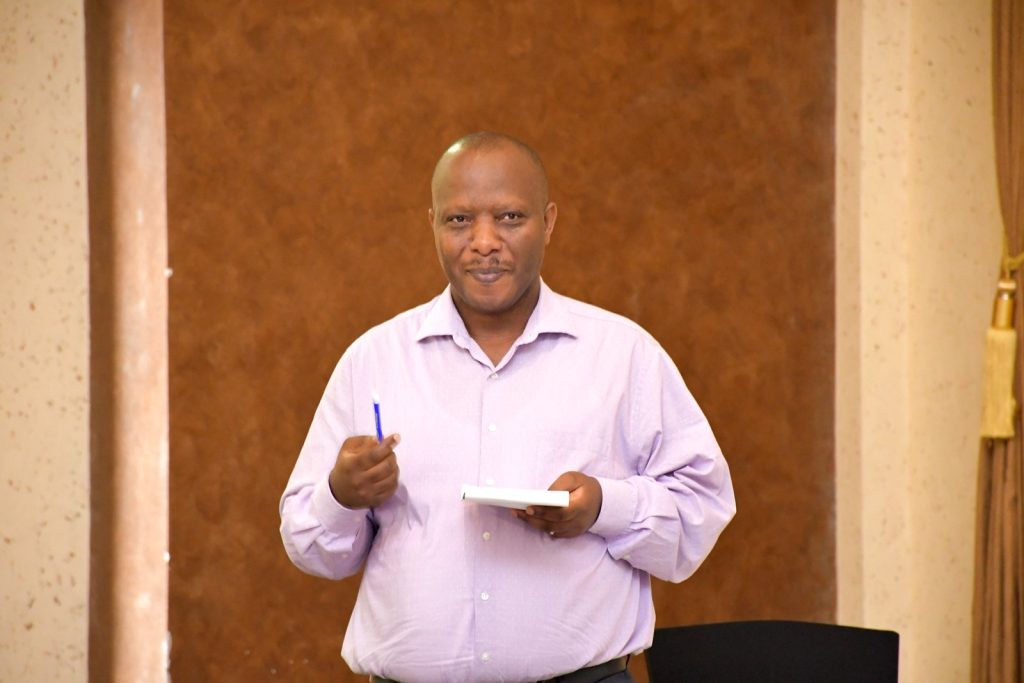
Dr. Herbert Tumwebaze, representing the Head of the Department of Adult and Community Education, congratulated the research team on their efforts and acknowledged the participating schools and teachers. He emphasized the importance of such studies in understanding the multifaceted impacts of the pandemic on education. Prof. Tiina Kontinen, the principal investigator, outlined the research’s next steps, which include analysis and publication. The seminar provided an avenue for stakeholders to reflect on the findings and discuss implications for policy and practice
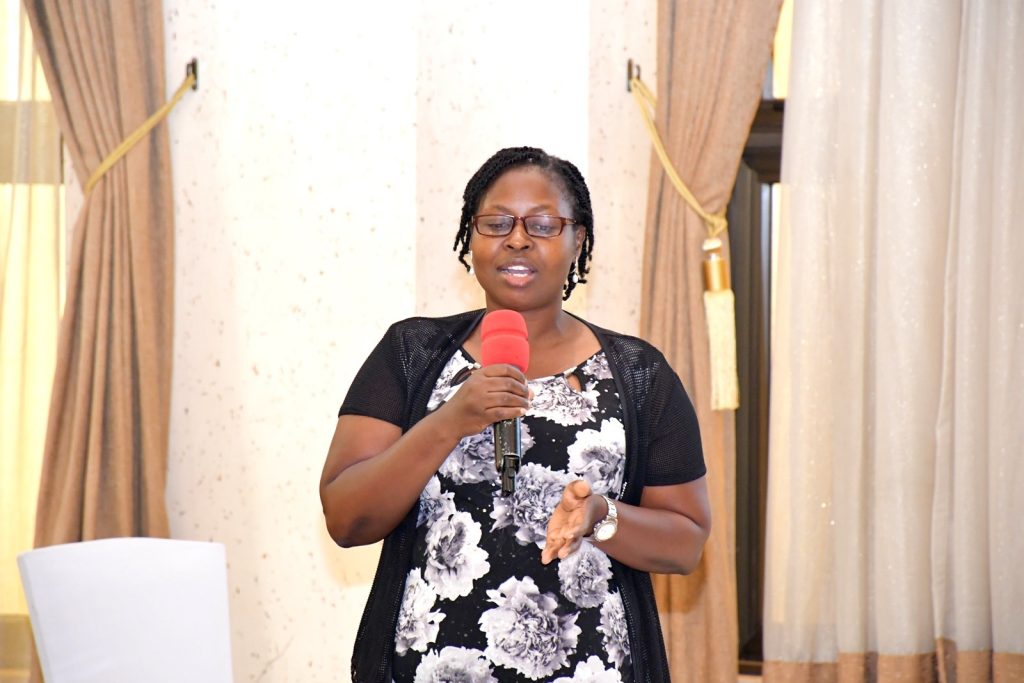
This study underscores the complex interplay between state policies and citizen resilience during crises. It sheds light on the unique challenges faced by teachers and highlights the need for more robust support systems for educators in times of uncertainty.
